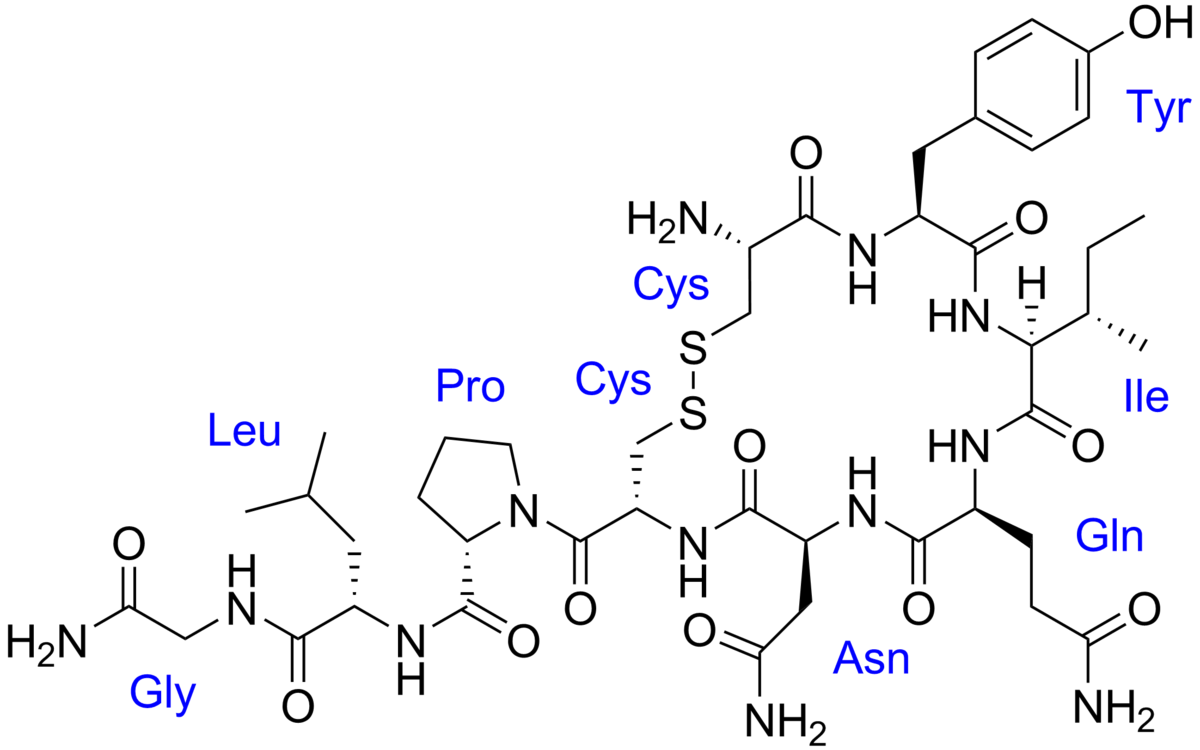
At the former Department of Social Neuroscience (Max Planck Institute for Human Cognitive and Brain Sciences Leipzig, Germany), data was acquired within the unique large-scale longitudinal ReSource Project. General information on the ReSource project is available on ResearchGate. In short, a large set of psychological, behavioural, biological, and physiological (including brain imaging) measures was acquired in N= 332 healthy participants aged 20-55 before, during, and after a 9-month contemplative mental training intervention consisting of three 3-month modules cultivating attention & body awareness (Presence Module), perspective taking on the self and others (Perspective Module), and pro-social emotions such as empathy and compassion & dealing with difficult emotions (Affect Module).
Within the ReSource Project, Dr Pascal Vrticka was involved in data analysis of the following sub-projects that will be outlined in more detail below:
1) Relation between blood oxytocin and salivary cortisol pre vs. post meditation
2) Cumulative stress measured through hair cortisol / cortisone
3) Interindividual differences in attachment and related constructs
4) Self-representation through short self-descriptions
5) Measures of well-being and health (IL-6, CRP, BDNF & telomere length)
1) Relation between blood oxytocin and salivary cortisol pre vs. post meditation

Research question: Does loving-kindness meditation (LKM) change the peripheral concentration of oxytocin and/or cortisol, and how are these two biomarkers related to each other pre versus post the LKM? Furthermore, how do subjective reports of stress and the participants’ emotional state before and after the LKM relate to biological measures?
A first paper on some of these measures is already available: Przyrembel, M.*, Vrtička, P.*, Engert, V., & Singer, T. (2019). Loving-Kindness-Meditation – A Queen of Hearts? A Physio-Phenomenological Investigation on the Variety of Experience. Journal of Consciousness Studies, Volume 26, Numbers 7-8, pp. 95-129. (*= these authors share first authorship) [link].
Other data is being prepared for submission.
2) Cumulative stress measured through hair cortisol / cortisone

Research question: How did the ReSource training affect a cumulative measure of stress as assessed by cortisol hair samples? And how does this biological marker of chronic stress relate to subjective reports of stress and well-being?
In short, we find a consistent decrease in hair cortisol and cortisone levels over the training period (9 months). This effect increased with practice frequency, was independent of training content, and not associated with change in self-reported chronic stress. Our results thus point to the reduction of long-term cortisol exposure as a mechanism via which contemplative mental training may exert positive effects on practitioners’ health.
Puhlmann, L.*, Vrtička, P.*, Linz, R., Stalder, T., Kirschbaum, C., Engert, V., Singer, T. (2021). Contemplative mental training reduces hair glucocorticoid levels in a randomized clinical trial. Psychosomatic Medicine, Volume 83, Issue 8, Pages 894-905. *= these authors share first authorship. https://doi.org/10.1097/PSY.0000000000000970. OPEN ACCESS.
3) Inter-individual differences in attachment and related constructs

Research question: Are inter-individual differences in the way we relate to people related to outcomes of the ReSource training? Or more concretely, who may profit most vs. least from the Affect Module and why?
The Affect Module mainly trained pro-social emotions such as empathy and compassion & dealing with difficult emotions, and contained a loving-kindness meditation (LKM) as one principal component. By employing an attachment theory perspective, the aim is to establish inter-individual difference factors that may predict participants’ susceptibility to Affect training – including their attachment style (and related constructs such as the parental bonding index), but also other relevant personality and other measures.
A paper on some of these measures is available: Przyrembel, M.*, Vrtička, P.*, Engert, V., & Singer, T. (2019). Loving-Kindness-Meditation – A Queen of Hearts? A Physio-Phenomenological Investigation on the Variety of Experience. Journal of Consciousness Studies, Volume 26, Numbers 7-8, pp. 95-129. (*= these authors share first authorship) [link].
Related to this project, Dr Pascal Vrticka has co-authored a book chapter on the putative underlying brain substrates of compassion (versus empathy). This chapter summarises the available brain data on compassion by developing a neuropsychological compassion model, and delineates some possible future directions of neuroscientific compassion research, particularly related to compassion training.
The chapter was published in the book “Compassion: Concepts, Research and Applications” edited by Paul Gilbert (Routledge): Vrtička, P., Favre, P., & Singer, T. (2017). Compassion and the brain. In: Compassion: Concepts, Research and Applications. Editor: Paul Gilbert. Routledge; 1st edition. [link]
4) Self-representation through short self-descriptions

Research question: How does the ReSource training influence participants’ self-concept (assessed by means of self-descriptions using the twenty statement test (TST) and analyzing by using the Linguistic Inquiry and Word Count (LIWC) software)? Furthermore, how do these self-descriptions relate to brain structure (cortical thickness)?
To articles by Anna-Lena Lumma are available on this research question:
•Lumma, A.-L., Böckler-Raettig, A., Vrtička, P., Singer, T. (published online March 5, 2017). Who am I? Differential Effects of Three Contemplative Mental Trainings on Emotional Word Use in Self-Descriptions. Self and Identity, 16(5), 607-628. OPEN ACCESS [link]
•Lumma, A.-L., Valk, S., Böckler-Raettig, A., Vrtička, P., Singer, T. (2018; first published online March 13). Change in Emotional Self-Concept following Socio-Cognitive Training relates to Structural Plasticity of the Prefrontal Cortex. Brain and Behavior. 2018;e00940. DOI: 10.1002/brb3.940. OPEN ACCESS [link]
5) Measures of well-being and health (IL-6, CRP, BDNF & telomere length)

Research Question: How does the ReSource training influence biological markers of well-being an health?
This is the work of Lara Puhlmann. She is testing how the ReSource training affects:
i) immune system functioning (blood concentrations of IL-6 and hsCRP);
ii) change in telomere lenght and how telomere lenght in general relates to brain structure (cortical thickness); and
iii) peripheral concentrations of BDNF and how these relate to brain structure (cortical thickness & subcortical volume).
A first paper on telomere length change and its association with brain structure (cortical thickness) is published: Puhlmann, L. M. C., Valk, S. S., Engert, V., Bernhardt, B. C., Lin, J., Epel, E. S., Vrtička, P.*, Singer, T.* (2019). Short-term change in leukocyte telomere length: relation to cortical thickness and effects of mental training. A randomized clinical trial. JAMA Network Open. (*= these authors share senior authorship) [link]
A second paper on the association between hippocampal structure and serum brain-derived neurotrophic factor (BDNF) in healthy adults is now published: Puhlmann, L. M. C., Linz, R., Valk, S. M., Vrtička, P., der Wael, R. V., Bernasconi, A., Bernasconi, N., Caldairou, B., Papassotiriou, I., Chrousos, G. P., Bernhardt, B. C., Singer, T., Engert, V. (published online 11 April, 2021). The association between hippocampal structure and serum brain-derived neurotrophic factor (BDNF) in healthy adults: a registered report. NeuroImage (Special Issue on “Registered Reports in Neuroimaging“). https://doi.org/10.1016/j.neuroimage.2021.118011. REGISTERED REPORT [link to OSF page]
A third paper on the effect of three distinct 3-month training modules cultivating a) interoception and present-moment focus (Presence), b) socio-affective skills (Affect), or c) socio-cognitive skills (Perspective) on the inflammatory biomarkers interleukin-6 (IL-6) and high sensitive C-reactive protein (hs-CRP) is also published: Puhlmann, L. M. C., Engert, V., Apostolakou, F., Papassotiriou, I., Chrousos, G., Vrtička, P.*, Singer, T.* (available online December 18th 2019). Healthy adults show no change in chronic inflammation after contemplative mental training: A randomized clinical trial. Scientific Reports, Volume 9, 19323 (2019), doi:10.1038/s41598-019-55250-3. OPEN ACCESS (*= these authors share senior authorship). [link]